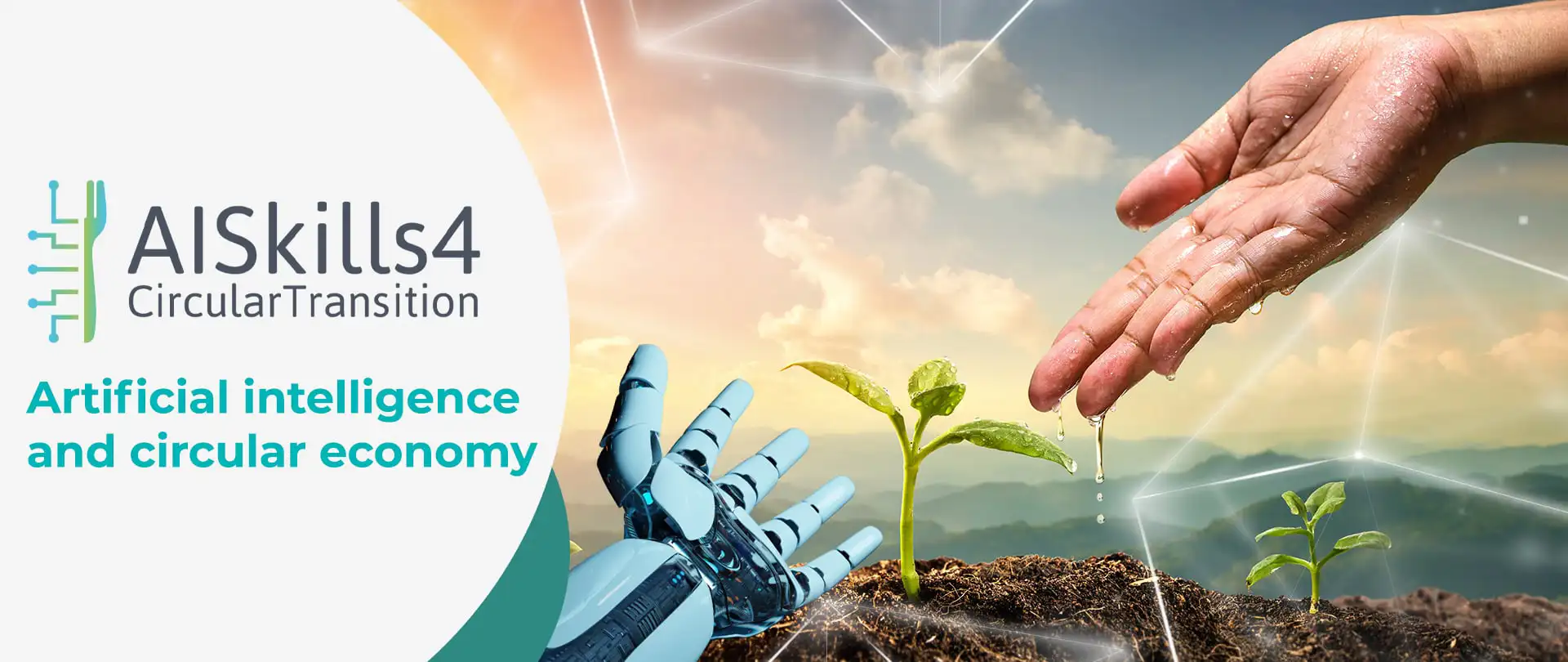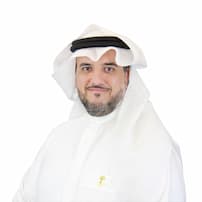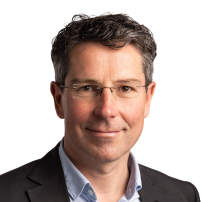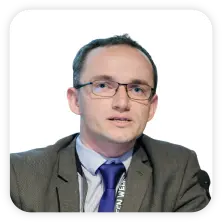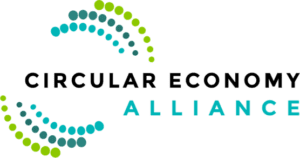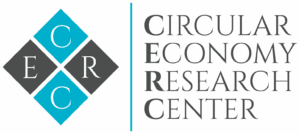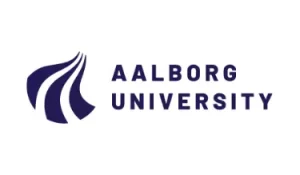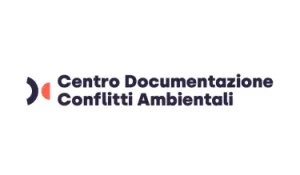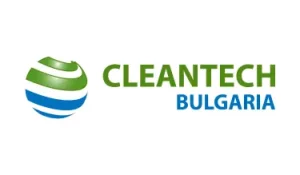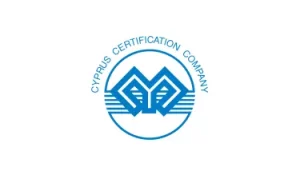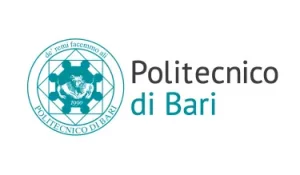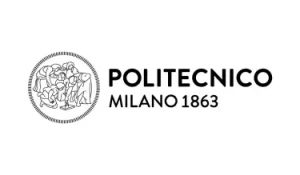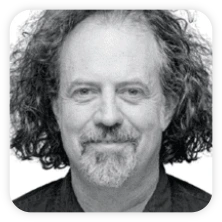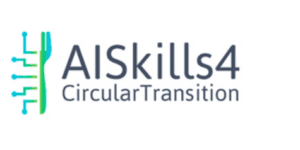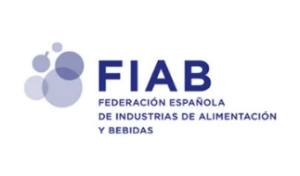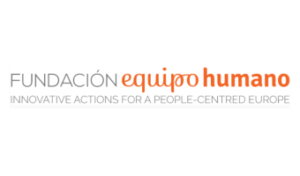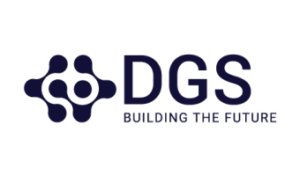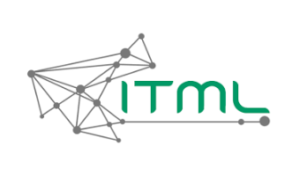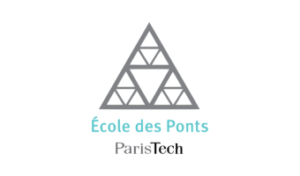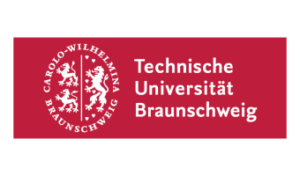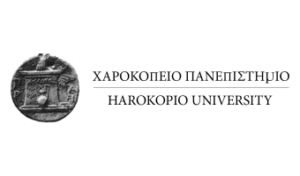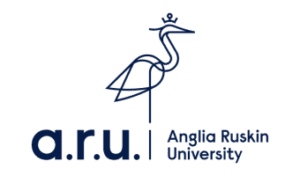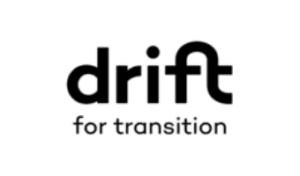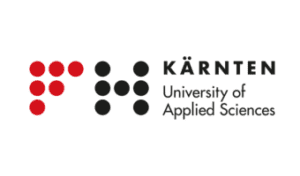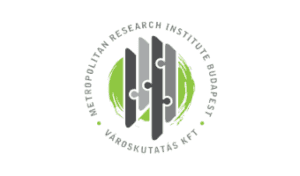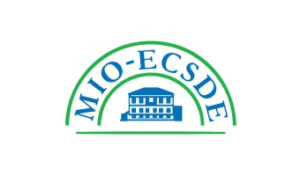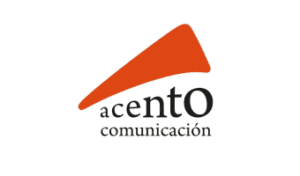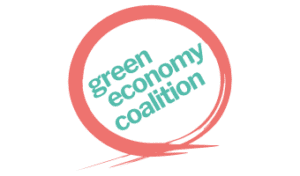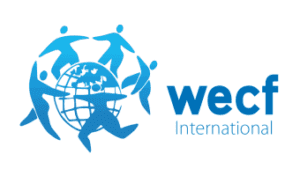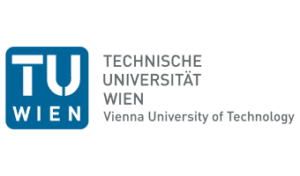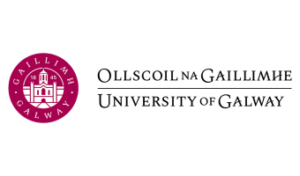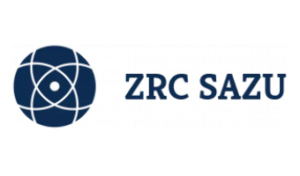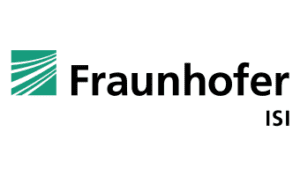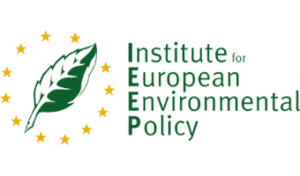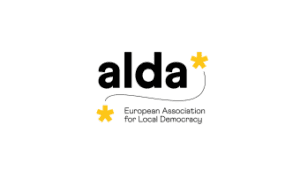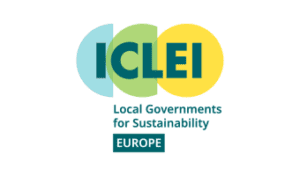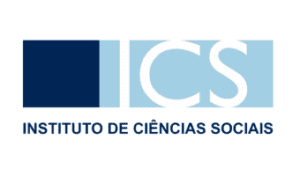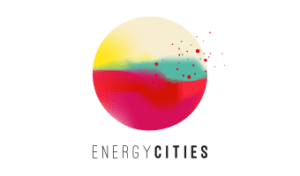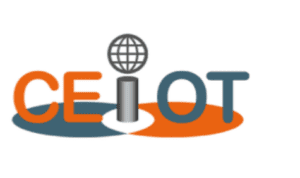PRIVACY NOTICE FOR POTENTIAL EMPLOYEES
INTRODUCTION
You have shown interest in joining C.E.A. CIRCULAR ECONOMY ALLIANCE LTD (hereinafter referred to as “CEA”, “we”, “us”) and therefore you are considered as a potential employee of CEA. This Notice describes how CEA (the Data Controller) handles your personal information when you apply for a job or other role with us and the rights you have in connection with that information as per Regulation (EU) 2016/679) (GDPR) and the Law 125(I)/2018 (local law). It is important that you read through this Notice carefully. The term “Candidate” is used in this Notice to refer to anyone who applies for a job role or seeks to work with or for us.
CEA is committed to protecting your privacy and handling your Personal Data in an open and transparent manner. We will handle your personal information with full respect to your personality and your rights arising from GDPR and the local law.
CEA follows an active recruitment policy of people from diverse cultures and encourages international mobility.
Please ensure that you read this notice and any other similar notice we may provide to you from time to time when we collect or process personal information about you.
DEFINITIONS
Controller means the responsible party within the meaning of Cyprus`s Law providing for the Protection of Natural Persons with regard to the Processing of Personal Data and the Free Movement of such Data in 2018 (Law 125(I)/2018) and the EU`s General Data Protection Regulation (GDPR).
Personal data means any information about you, that could identify you directly or indirectly, such as your name, ID number, and phone number.
Processing means any operation or set of operations performed on Personal Data, by automated means or otherwise, including collection, recording, organization, structuring, storage, adaptation or alteration, retrieval, consultation, use, disclosure by transmission, dissemination or otherwise making available, alignment or combination, restriction, erasure or destruction.
Sensitive Personal Information means any information or opinion about an individual’s racial or ethnic origin, political opinion or association, religious beliefs or affiliations, philosophical beliefs, sexual preferences or practices, trade or professional associations and memberships, union membership, criminal record1, health or genetic information and biometric information.
INTERPRETATION
- A reference to a particular law is a reference to it as it is in force for the time being taking account of any amendment, extension, or re-enactment, and includes any subordinate legislation for the time being in force made under it.
- Unless the context otherwise requires, a reference to one gender shall include a reference to the other gender.
- Unless the context otherwise requires, words in the singular shall include the plural and, in the plural, shall include the singular.
WHO COLLECTS AND HOLDS YOUR PERSONAL DATA?
| Company name: |
C.E.A. CIRCULAR ECONOMY ALLIANCE LTD |
| Register Number: |
HE 413187 |
| Address: |
4 Loui Loizou Street, Latsia 2221, Nicosia, Cyprus |
| E-Mail: |
[email protected]. |
WHAT PERSONAL INFORMATION DO WE COLLECT?
We may collect the following information during your recruitment:
- Your name, surname, your contact details (i.e. address, fixed and mobile phone numbers, email address).
- Details of your qualifications, and experience, (including CV, academic or educational degrees).
- Your national identifiers such as nationality.
- Cover letter where required.
- Details of your references.
- Any Personal Data provided to us about you by your referees (where and if applicable) such as background checks
- E-mail correspondence we have with you.
- Information collected from publicly available sources, including any social media platforms you use or other information available online.
We may collect the following information after the shortlisting stage, and before making a final decision to recruit:
- Information about your previous academic and/or employment history, including your salary.
- Information regarding your academic and professional qualifications.
- Criminal record checks.
- A record of your progress through any hiring process that we may conduct.
- Information concerning your application and our assessment of it.
- Any other information you voluntarily provide throughout the process, including online, through interviews, or other forms of assessment.
PROCESSING OF PERSONAL DATA
We collect and process Personal Data in full compliance with the provisions of the Regulation as well as the national legislation.
In the paragraphs below (1 to 3) there is a more detailed analysis of the purposes and the legal ground of the processing.
- For the performance of a contract (Article 6 (1)(b))
The processing of Personal Data is necessary in order for us to be able to take steps and enter into a contract and/or engagement contract and/or to fulfill your orders and/or to provide you with related services. The purposes of the processing are adjusted according to the nature of the relationship.
- For the purposes of the legitimate interests pursued by us or by a third party (Article 6 (1)(f))
Except for the above case, either we or third parties, process your Personal Data when necessary, except if your fundamental rights and freedoms override the below interests. Below are some examples:
– in court proceedings and/or to claim our legal claims.
– in the context of the operation and security of the IT sector of the company.
– in the context of preventing and clarifying criminal offenses.It is noted that the CCTV system established outside our premises aims at providing a safe and secure environment for our employees and the smooth operation of our Company.
- Due to your consent (Article 6 (1)(a))
If you give your consent to the processing of your Personal Data for specific purposes, such as for direct marketing purposes, the legal ground for the processing of your Personal Data is your express consent.Please note that you may at any time withdraw your consent. The validity of this revocation will concern the future.
AUTOMATED DECISION-MAKING
Candidates will not be subjected to decisions based solely on automated decision-making.
HOW WE WILL USE THE INFORMATION WE COLLECT ABOUT YOU
We will use the Personal Data we collect about you to determine whether your qualifications, skills, and background are suitable for the role. Where applicable, we will carry out reference and background checks, communicate with you about CEA’s recruitment process, keep records related to the selection and hiring process and comply with legal requirements and regulatory obligations as permitted by law.
We will typically collect and use this information for the following purposes:
- to take steps to enter into a contract;
- for compliance with a legal obligation;
- for the purposes of our legitimate interests, but only if these are not overridden by your interests, rights or freedoms.
The provision of your Personal Data is a requirement necessary for the recruitment process and for entering into a contract, in the case where you are selected as the successful candidate.
DATA SHARING
Your information will be shared internally for recruitment purposes. This includes members of the HR Team, Interviewers involved in the recruitment process, other recruitment decision-makers within CEA and IT staff if access to the Personal Data is necessary for the performance of their roles (to take appropriate security measures to safeguard your Personal Data).
We do not allow our third-party service providers to use your Personal Data for their own purposes. We only permit them to process your Personal Data for specified purposes and in accordance with our instructions, when required to do so by law (legal compliance), where and if necessary. In case the employment application is successful, we might share your data with former employers to obtain references and work history, and professional bodies to obtain the respective background checks.
We note that your Personal Data are not transferred to third countries (countries outside the European Economic Area) or to international organisations.
DATA SECURITY
CEA takes the security of your data seriously. We have appropriate security measures, internal policies and controls in place to prevent Personal Data from being accidentally lost or used or accessed in an unauthorised way and is not accessed except by our employees in the proper performance of their duties. In addition, if CEA grants access to third parties for business purposes and only, the latter will be subjected to a duty of confidentiality.
We also have procedures in place to deal with any suspected Personal Data security breach. We will notify you and any applicable regulator of a suspected data security breach where we are legally required to do so.
DATA RETENTION
If your application for employment is successful, your Personal Data collected during the recruitment process will be transferred to your personnel file and retained during your employment.
If your application for employment is unsuccessful, we will hold your Personal Data on file for up to six (6) months after the end of the relevant recruitment process. At the end of that period, or if you request to delete your Personal Data during this period, we will securely destroy your Personal Data in accordance with our retention policy.
If there is a clear business reason for keeping recruitment information for longer than six (6) months, we may do so but we will first inform you of this, the longer period for which they will be kept and get your consent.
Please note that the above period might be extended if for legal (such as ongoing procedures) or technical reasons we cannot delete the above information.
RIGHTS OF ACCESS, CORRECTION ERASURE & RESTRICTION
In relation to your Personal Data, and as a data subject, you have the right to access, update, alter or delete any or all of your shared data. Specifically, you are entitled to the following rights:
- right to access your personal data (Article 15): meaning you might receive information and/or copy of the personal information we hold free of charge.
- right to rectification (Article 16): you might ask us to correct any mistakes in the information which we hold for you.
- right to erasure (right to be forgotten) (Article 17): you might ask us to erase the personal information concerning you.
However, we reserve the right to deny the erasure, if the processing is necessary for compliance with a legal obligation, for reasons of public interests or for the establishment, exercise or defense of legal claims.
- right to restriction of processing (Article 18): you might require us to restrict our processing of your personal data if you contest the accuracy of your personal data, the lawfulness of the processing, or you have objected to the processing (according to article 21) and you wait for our reply whether we have legitimate grounds which override yours.
- right to data portability (Article 20): you have the right to request and receive the personal information concerning you that you have provided to us, in a structured, commonly used and machine-readable format and you have the right to transmit those data to a third party under certain circumstances.
- right to object (Article 21): you have the right to object at any time to the processing of Personal Data concerning you which is based on the performance of a task carried out in the public interest or for the purposes of the legitimate interest pursued by us or third parties (Article 6 (1) (e) and (f) of the Regulation).
- You also have the right to object under Article 22 at any time to the processing of Personal Data concerning you for direct marketing or decisions being taken by automated means which produce legal effects concerning you or similarly significantly affect you.
- right to withdraw your consent: you reserve the right to withdraw your consent at any time. However, the withdrawal of the consent does not affect the lawfulness of the processing based on consent before its withdrawal.
- right to object to automated individual decision-making: you have the right to object to decisions being taken by automated means which produce legal effects concerning you or similarly significantly affect you.
If you wish to exercise any of the above rights or to ask any questions or clarifications or to complain, please do not hesitate to contact us at CEA Operations info@circulareconomyalliance.com.
Moreover, you also have the right to file a complaint with the Commissioner of Personal Data Protection. For more information concerning the process of filing a complaint, please visit the website www.dataprotection.gov.cy/) or via e-mail at [email protected].
HOW TO COMPLAIN?
We hope that we can resolve any query or concern you raise about our use of your information. However, the Regulation also gives you the right to lodge a complaint with the supervisory authority, the Commissioner of Personal Data Protection. For more information concerning the process of filing a complaint please visit the website www.dataprotection.gov.cy or via e-mail at commissioner@dataprotection.gov.cy
CHANGES IN THIS PRIVACY NOTICE
We may change this privacy notice from time to time and in such cases, we will inform you accordingly. We also ask you to periodically visit our website for any updates on this privacy notice.
This Privacy Notice was last updated on 1 November, 2022.
CONTACT US
Questions, comments, and requests regarding this privacy notice are welcomed and should be addressed to [email protected]





